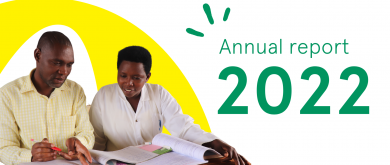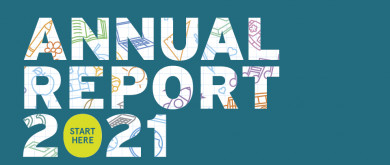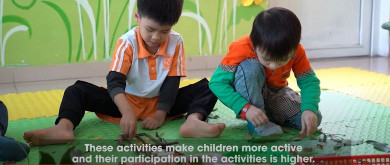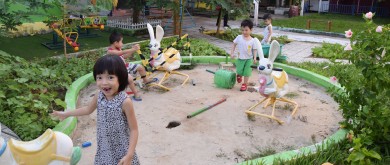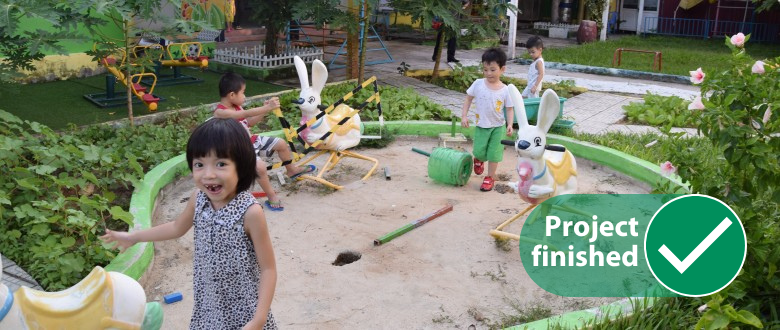
The world is changing at a fast pace. Education systems are struggling to keep up, especially in urban contexts. In the city of Da Nang too, the government works hard to make sure urbanisation benefits all children, yet rapid urban growth is exhausting public schools’ capacity. This results in children – and children from poor and migrant families in particular – falling through the cracks of quality preschool education.
Preschool teachers and school leaders identify and mitigate urban barriers to learning in the early years and establish a community of practice to support the education system in adapting to the fast-changing realities in society.
- Ministry of Education and Training (MOET)
- Da Nang Department of Education and Training (DOET)
- University of Science and Education (University of Da Nang)
- Locally based stakeholders in culture and arts
The CITIES project identified key urban barriers to early learning of 3-to-5-year-old children, implementing an art-inspired innovative approach in 29 preschools in Da Nang City, to deal with urban pressure in preschools.
The project was built around 2 pillars:
- Strengthening the capacity of preschool teachers and school leaders in urban contexts to apply process-oriented child monitoring and child-centred teaching approaches.
- Disseminating project outcomes and integrating expertise on mitigating urban barriers in the national Vietnamese education system.
Evidence gathered and experiences harvested on the changes that have been institutionalised in schools, lead to the development of a theoretical framework for art-inspired innovations and the communities of practice (CoP) approach that help overcome urban barriers, respond to societal changes and build teacher resilience and autonomy. This framework allows for dissemination in broader national and international education circles and will be shared via articles and publications aimed at academia and education specialists via international fora.
Achievements of the CITIES project:
- Provincial and district education officials, teachers and school leaders in Da Nang understood and are applying process-oriented child monitoring and have strengthened capacities to deal with barriers to learning that are related to the urban context.
- District education officials, teachers and school leaders have built knowledge and understanding on process-oriented child monitoring and innovative teaching methods, through dissemination of results and lessons learnt from the 8 pilot schools in Son Tra District.
- Involved stakeholders at national level have established a CoP revolving around reforming the early childhood education system to the changing context.
- Policymakers, education practitioners and researchers understood and produced a new body of knowledge on the specific barriers to learning and participation that young children face in an urban context; and have developed an in-depth understanding of the CoP approach and know-how on its institutionalisation into the Vietnamese school-based teacher professional development system.
To reach its goals, VVOB develops the capacity of its education partners in Vietnam. VVOB uses capacity development trajectories that give partners maximal responsibility in the execution and management of their own change processes. This is done through technical assistance provided by the VVOB team in Vietnam, which includes both local and international educational and change management experts.





